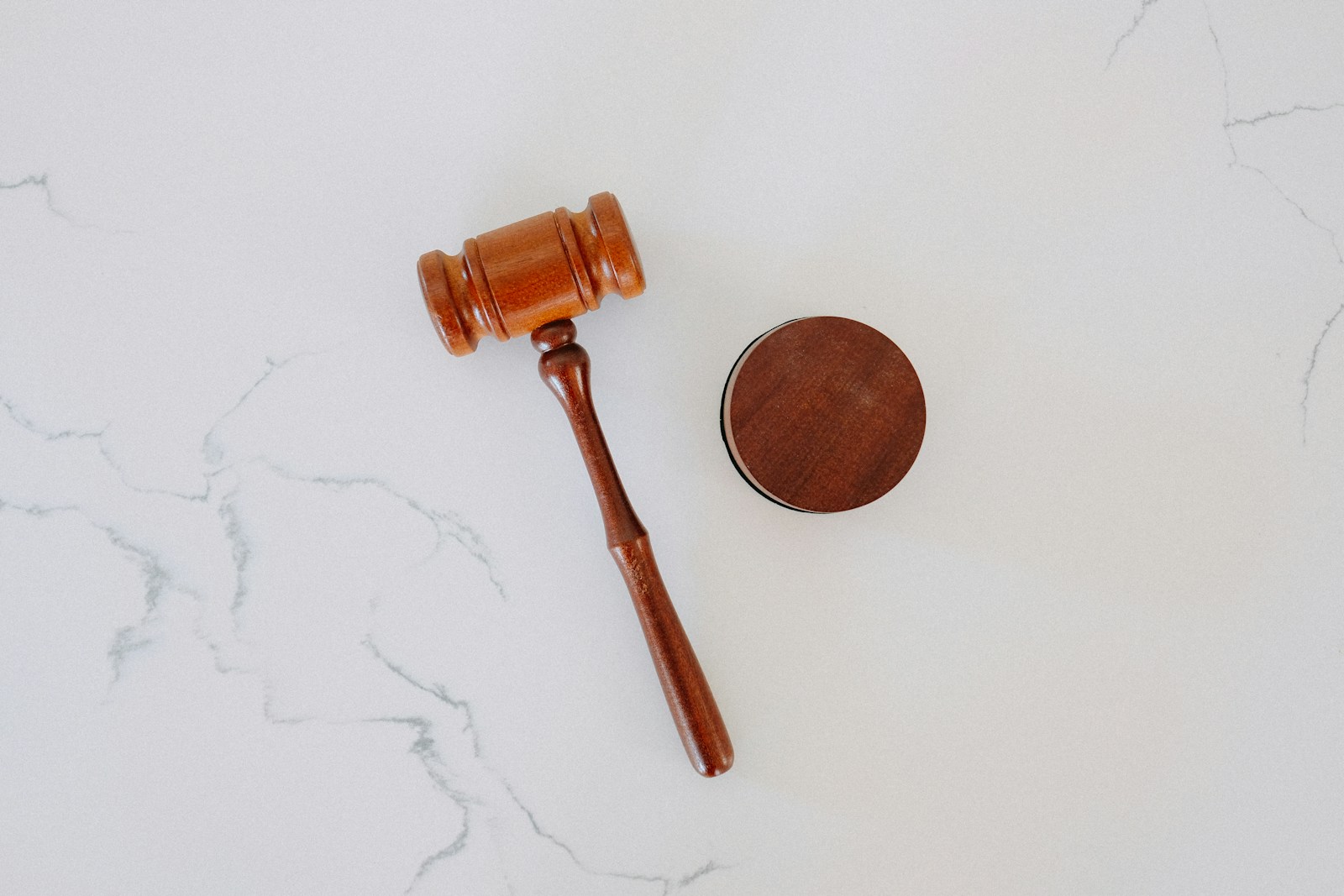Key Takeaways
- The D.C. Circuit Court of Appeals denied President Trump’s request to pause the appeal.
- The case involves the July firing of Voice of America Director Michael Abramowitz.
- Judges said the government failed to prove it would face certain, great harm.
- With the appeal denied, the lawsuit against the firing will proceed.
Appeal Denied by D.C. Circuit Court
On a clear Monday, the three judges of the U.S. Court of Appeals for the District of Columbia Circuit issued a unanimous decision. They refused to grant the administration’s motion to halt the appeal in the case about Voice of America. In simple terms, the court said “no” to stopping the fight over Michael Abramowitz’s firing.
Background on Voice of America
Voice of America, often called VOA, is a U.S. government–funded media outlet. It broadcasts news and information in 48 languages. Millions of listeners and viewers rely on VOA in places where free news is scarce. Congress created VOA to share American news and values with the world.
When President Trump took office, he ordered budget cuts across many agencies. VOA saw major staff and program reductions. Then, in July, the Voice of America director, Michael Abramowitz, lost his job. Critics argued this cut threatened independent journalism.
The Legal Battle Starts
After the firing, Abramowitz and former VOA staff sued the government. They claimed the removal lacked proper cause and ignored VOA’s charter. The government defended its action by saying it had full authority over staffing. Meanwhile, the case moved through the lower court, which sided with Abramowitz on some key points.
Not satisfied, the administration asked the appeals court for a stay pending appeal. A stay would have frozen the lower court’s decision. In effect, it would pause the lawsuit until higher courts decided the case. However, on Monday, the court ruled on that request and denied it.
Why the Appeal Denied Motion Failed
The judges wrote that the government did not meet the strict test for a stay. To win, they must show they face irreparable harm that is “both certain and great, actual and not theoretical.” The court found the government’s claims too vague. It said no strong evidence proved the firing’s reversal would harm the country.
Furthermore, the panel explained that the public interest could suffer if VOA faced unchecked political changes. They noted that abrupt shifts in leadership can disrupt operations and damage VOA’s credibility overseas. Therefore, they decided that halting the appeal would do more harm than good.
Key Court Quote
“Upon consideration of the motion for stay pending appeal, the response thereto, and the reply, it is ORDERED that the motion be denied,” the judges wrote. “Appellants have not satisfied the stringent requirements for a stay pending appeal.” This clear statement marks the point when the appeal denied motion officially failed.
What Happens Next in the VOA Case
Now that the appeal denied motion is off the table, the underlying lawsuit will continue. The case returns to the lower court for further proceedings. There, both sides will present more evidence and legal arguments. Abramowitz and his legal team will push to reverse the firing. The government will defend its authority to hire and fire VOA leaders.
Depending on what happens next, the case could head back to the appeals court. If either side still disagrees, they may even ask the Supreme Court to review the decision. However, that step is unlikely unless the stakes become much higher.
Implications for Media Independence
This decision carries weight beyond one director’s job. It touches on how independent VOA remains. Many experts see VOA as a vital tool for credible news in closed societies. If political leaders can shift its top staff without limits, VOA’s mission could suffer. The appeals court’s ruling underscores the need for solid proof before leaders can pause court decisions in such sensitive areas.
In addition, the ruling sends a message to other government branches. It says clear evidence is required to prove “irreparable harm.” Courts will not easily freeze rulings. That standard protects checks and balances within the federal system.
A Closer Look at Stays Pending Appeal
A stay pending appeal acts like a legal pause button. It stops lower court orders from taking effect while the case moves up. Judges weigh several factors: likelihood of success on the merits, potential harm, and public interest. Here, the government fell short on showing real, inevitable damage.
Furthermore, courts often balance public and private harm. In this case, the public’s interest in a free and independent VOA outweighed the government’s claims. Therefore, the stay was denied, and the appeal moves forward.
Conclusion
In summary, the D.C. Circuit Court unanimously refused to halt the appeal over VOA leader Michael Abramowitz’s firing. By denying the stay, judges ensured the case will continue its path through the courts. This decision highlights the high bar for stopping court actions and reinforces the need to protect media institutions like Voice of America from sudden political shifts.
Frequently Asked Questions
What does “stay pending appeal” mean?
A stay pending appeal temporarily halts a court order until the higher court decides the appeal. It aims to keep things as they are during the legal fight.
Why is the VOA firing case important?
Voice of America serves as a key source of news worldwide. The case touches on VOA’s independence and how political actions can affect its work.
What does the “irreparable harm” test require?
To win a stay, the mover must show harm that is certain, significant, real, and not just possible. Courts set this high standard to avoid freezing decisions without strong proof.
What could happen next in this lawsuit?
The lower court will continue reviewing the case. Both sides will present more evidence. Depending on outcomes, the case might return to the appeals court or reach the Supreme Court.
